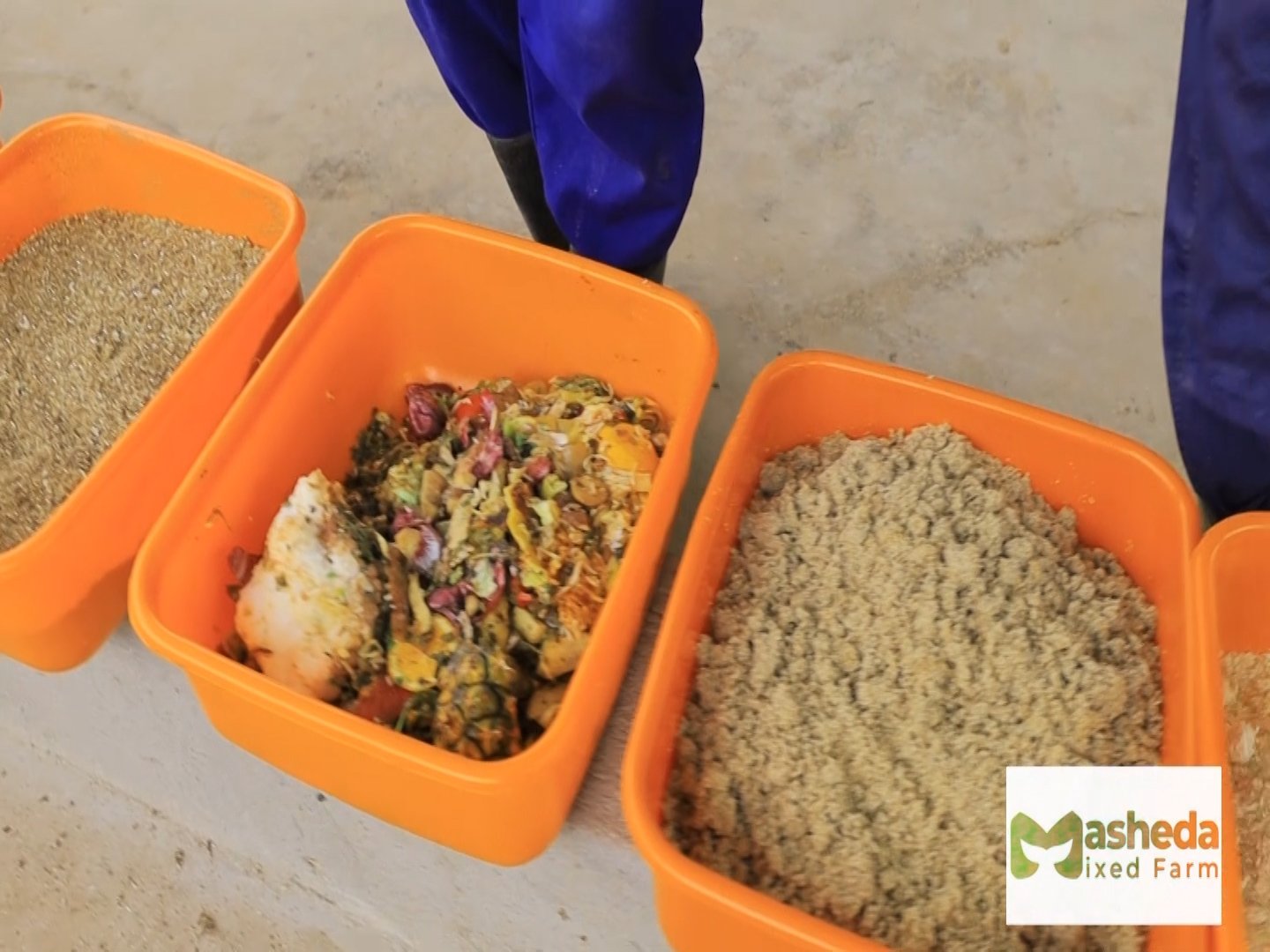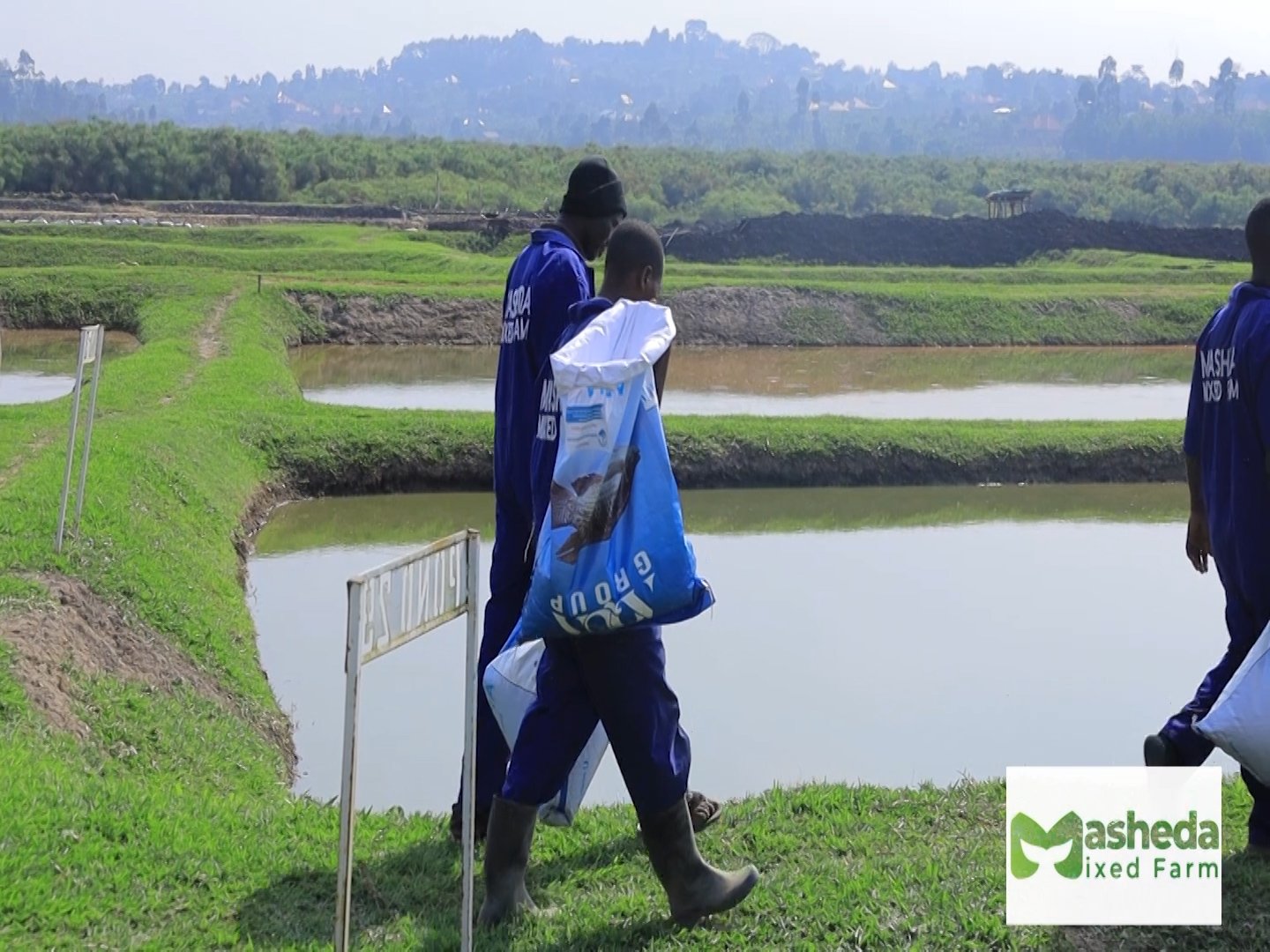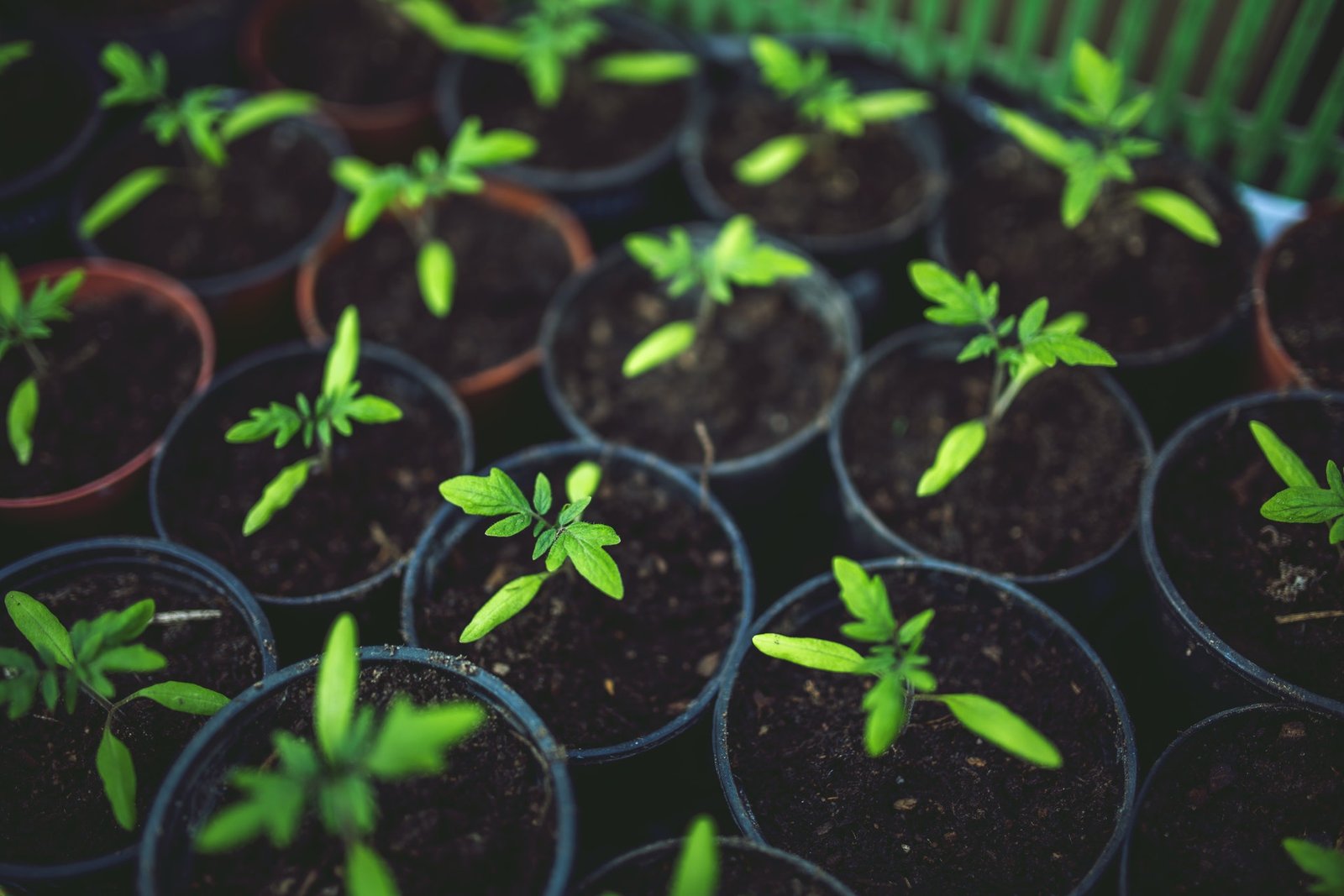Vermiculture & Waste Management
Vermiculture
Vermiculture is the practice of using earthworms to decompose organic waste, such as kitchen scraps, yard waste, and agricultural residues, to produce nutrient-rich compost known as vermicompost. It involves creating a controlled environment where earthworms can thrive and efficiently break down organic matter through their natural digestive processes.


Importance of Vermiculture
This helps us ensure that our operations have a minimal ecological footprint hence our unwavering commitment to environmental stewardship.
Organic Waste Management
Vermiculture offers an environmentally friendly solution for managing organic waste. By composting organic materials with earthworms, vermiculture helps divert waste from landfills, reducing methane emissions and alleviating the burden on waste management systems.
High-Quality Compost
Earthworms transform organic waste into vermicompost, a nutrient-rich fertilizer prized for its superior quality and soil-enhancing properties. Vermicompost is teeming with beneficial microorganisms and nutrients, making it an ideal soil amendment for promoting plant growth and enhancing soil fertility
Soil Health and Productivity
Vermicompost improves soil structure, texture, and moisture retention, creating an optimal environment for plant roots to thrive. Its slow-release nutrients, including nitrogen, phosphorus, and potassium, nourish plants over an extended period, promoting healthier growth, increased yields, and improved crop resilience to pests and diseases
Environmental Sustainability
Vermiculture supports sustainable agriculture by reducing the reliance on synthetic fertilizers and chemical pesticides, which can have adverse effects on soil, water, and biodiversity. By enriching soil health and fertility naturally, vermiculture contributes to more resilient and ecologically balanced farming systems
Cost-Effectiveness
Vermiculture can lower input costs for farmers and gardeners by providing a low-cost source of organic fertilizer and soil conditioner. By recycling organic waste on-site and producing nutrient-rich compost locally, vermiculture reduces the need for purchasing commercial fertilizers and amendments, saving money in the long run.
Community and Education
Vermiculture can also serve as a valuable educational tool and community-building activity. It offers opportunities for learning about waste reduction, soil ecology, and sustainable agriculture practices, engaging people of all ages in hands-on activities that promote environmental stewardship and food security.

We sustainably produce premium & organic catfish products while prioritizing environmental stewardship, aquaculture welfare, and customer satisfaction.
MASHEDA MIXED FARM
To sustainably produce premium & organic catfish products while prioritizing environmental stewardship, aquacultural welfare, and customer satisfaction.

